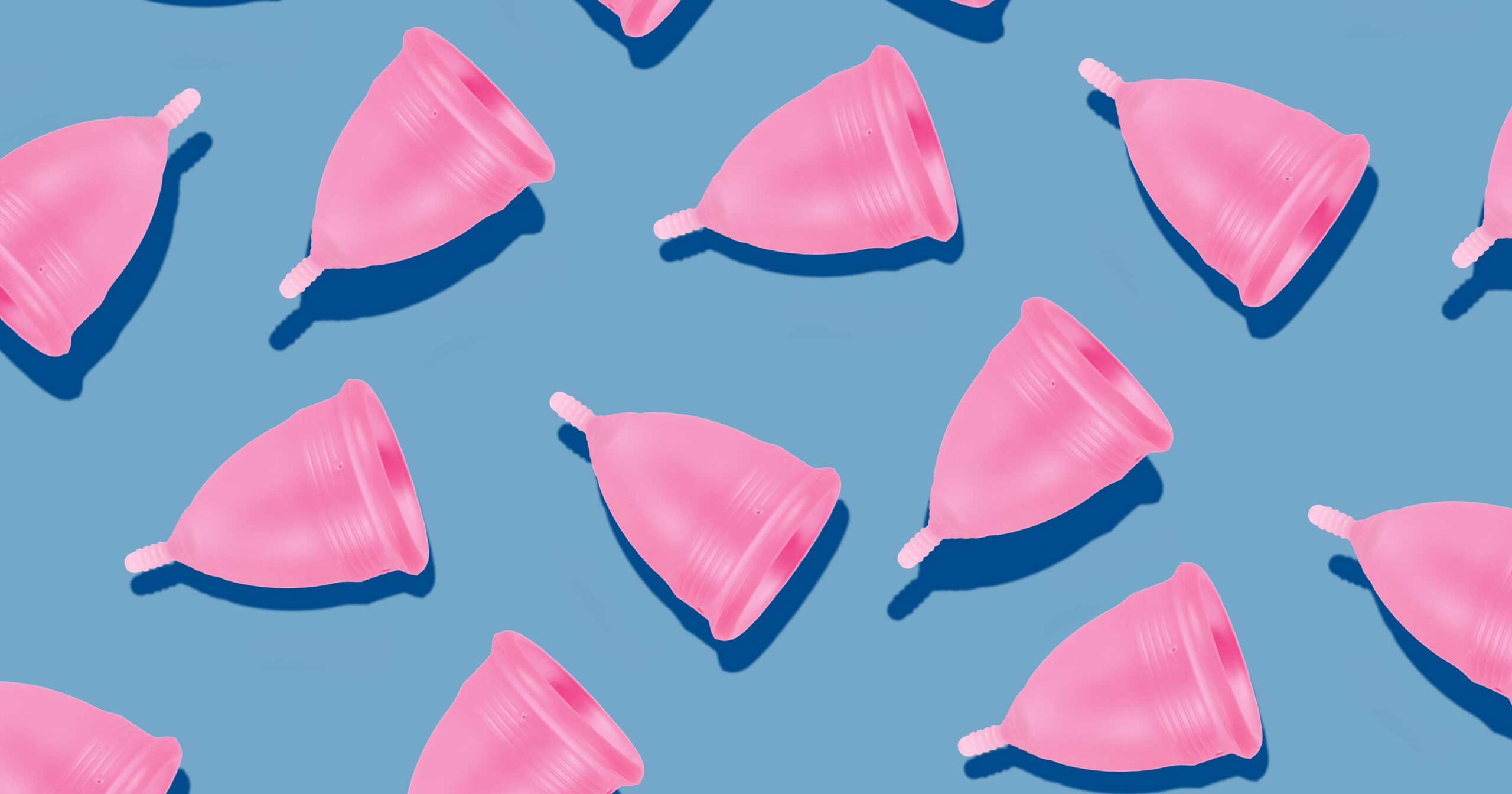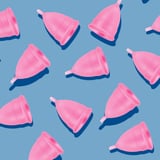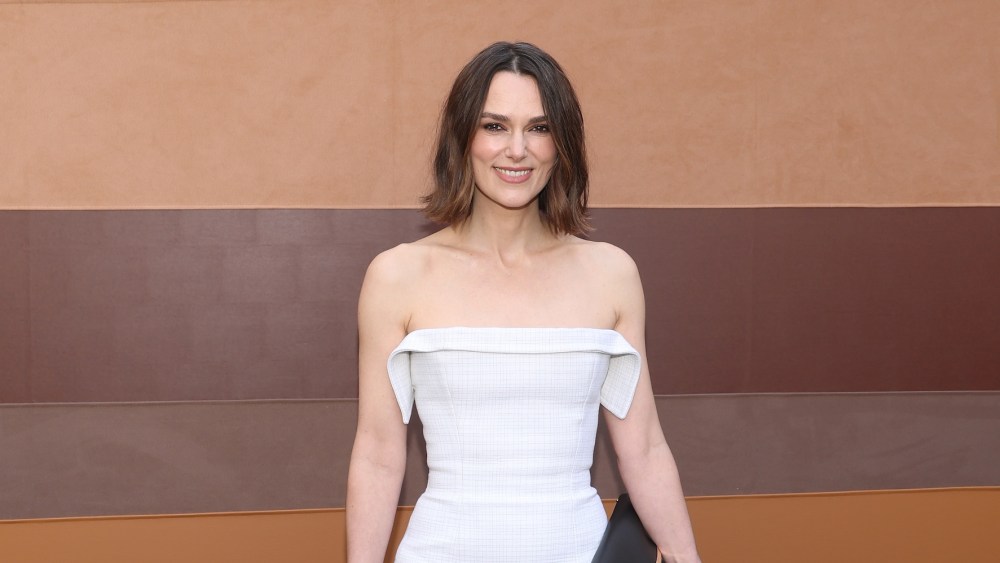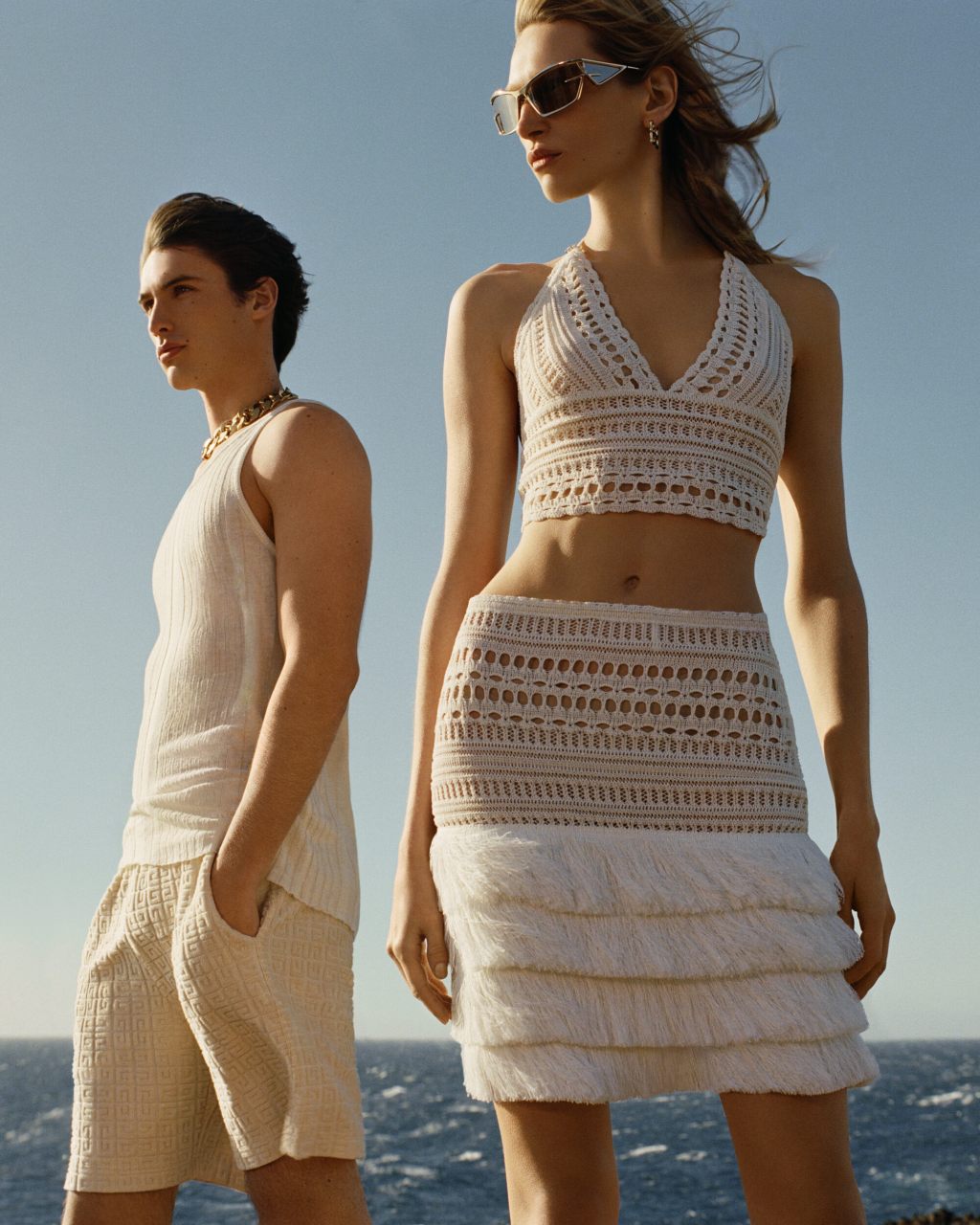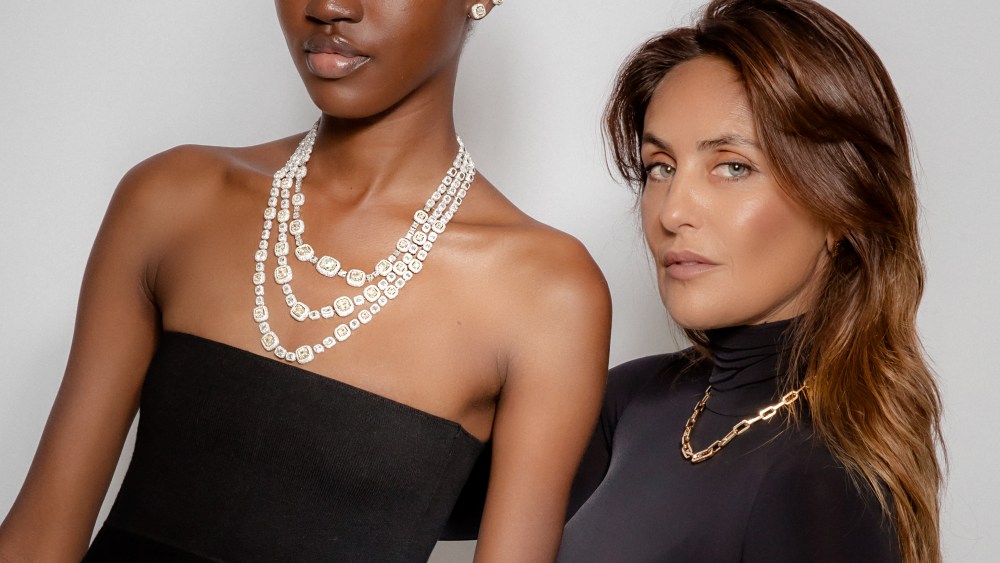I’ve been living in the world without a period. But it’s not a recent development: I haven’t had a period for 10 whole years. Like many folks who menstruate, I’ve been on the pill since the ripe age of 18, which, for better or worse, has me in a constant state of No. No bloating, no cramps, and no monthly reminder of what it feels like to be in a cycle – until now.
If we’re being honest, not having a period was really pleasant sometimes. Many women and people who menstruate delay or skip their period entirely with birth control pills. I was no different. But this past year, after attending an educational workshop on the period cycle and how to embrace it, something shifted within me.
So, after 10 years of skipping my period entirely, I decided to stop taking the pill. I had a lot of questions: How would my body react to having a period again? Would I gain weight, or would my skin break out? Would my sex drive change? And most importantly for me, I wondered how I would feel about period products after a decade of not needing them. Especially when UC Berkeley’s recent study found toxic metals like arsenic, lead, and cadmium in leading brand tampons.
Enter: the menstrual cup. The period product had long been on my radar, but I didn’t need it. With the return of my period, now was the ideal time to test it out. Spoiler alert: the experience was nothing like I imagined.
Why Try a Menstrual Cup?
As someone who had spent years simply popping a pill, the idea of switching to a reusable, non-hormonal product felt like a big leap. There’s something about using a menstrual cup that seemed both revolutionary and a little intimidating (at first).
All in all, though, I knew that utilizing a menstrual cup would match my goals of being more sustainable, saving money, and of course, not putting potentially toxic metals in my body. I began Googling: What’s the best beginner-friendly menstrual cup? Does a menstrual cup hurt? Which menstrual cup should I buy? I was surprised to discover a plethora of options. But after a week or so of research, I landed on the one that felt most right for me: the Diva Cup ($34).
Although it’s not the first-ever menstrual cup – the concept has existed for a long time, with folks trying to insert bags and other random objects into their vaginal canal before a 1932 version was patented as a vaginal receptacle – it is the first to meet health standards around the world. Naturally, I opted for that one.
How Do You Use a Menstrual Cup?
The first time I attempted to use my Diva Cup, I was shocked by how much artistry it seemed to require: the folding, inserting, and twisting to create the suction seal were a lot more involved and challenging than I’d originally thought.
But that didn’t stop me. I read a ton about menstrual cups for beginners, watched TikTok for advice, learned how to clean it, and even practiced with the cup dry (which, spoiler alert, is a terrible idea – the learning curve is real). I even looked up whether you can sleep with one in or not, why it can take a few cycles before you get using a menstrual cup right, and about all the different methods of insertion.
On the first day of my period, I took my time inserting the cup. I tried the “taco method” which is when you fold the cup in half and insert it. It felt . . . strange. Uncomfortable, even. After years of not worrying about periods, impatience burgeoned: I wanted it to be easy, to just click and feel right, but of course, that’s not how it worked. I wasn’t sure if I was doing it right, and I was ruminating and second-guessing myself. I wore it and then removed it in the shower, which turned out to be pretty messy, before putting it back in before bed.
On the second day of trying it, and after a bit of adjusting using the same method, I felt more comfortable and less aware of it, especially when I inserted it farther up so it could sit in place. I did, however, have a slight accident when removing it over the toilet. Period blood was everywhere, and I mean everywhere. Not making a mess like that took practice, and I’m not sure if I’d dare try to take it out in a public restroom without the proper tools.
But on the third day, to my surprise, I installed it in the morning and didn’t feel it at all. I didn’t even make a huge mess with removal. As the day went on, I almost forgot I was wearing it. There was no bulky pad, no dryness from a tampon -just a slight awareness that my body was doing its thing, and the cup was there to collect it. For the first time in years, I actually felt connected to my cycle.
Are Menstrual Cups Comfortable?
After some trial and error, I found that wearing a menstrual cup could be supremely comfortable once I got the full hang of it. I had expected some level of discomfort or cramping – after all, I was inserting something inside me – but after I put it in right, I could relax and trust it to do its thing.
Compared with constantly checking if I bled through my pants like I did with tampons as a teen, the cup feels easy. It makes the return of my period even easier. I have no leaks, no awkward shifting, and no feeling of needing to “change” every few hours.
I can also wear it for up to 12 hours without emptying it. There’s no mid-day trip to the bathroom and that feels sublime, too. Plus, the cup boasts measuring marks on the side, so for the first time, I’m able to track things like the depth of my flow and how it varies throughout the day. In combination with my use of a new period tracking app, it feels like a game-changer.
My Final Verdict
Now that I’ve experienced using a menstrual cup firsthand, I can’t imagine ever going back to tampons or pads. Remember: there’s a definite learning curve. For me, though, the menstrual cup has been a true revelation. It’s practical, eco-friendly, and (most importantly) comfortable – everything I dreamed of as I re-entered the world of periods after a decade without.
Hayley Folk (she/her) is a freelance writer, editor, and podcast host based in New York City. She is the host of the “Naked Folk” podcast – a sexual wellness and relationships podcast – and she writes for major publications about the LGBTQ+ community, travel, lifestyle, sex, and wellness. In 2022, she received her master of fine arts in creative writing from The New School.
